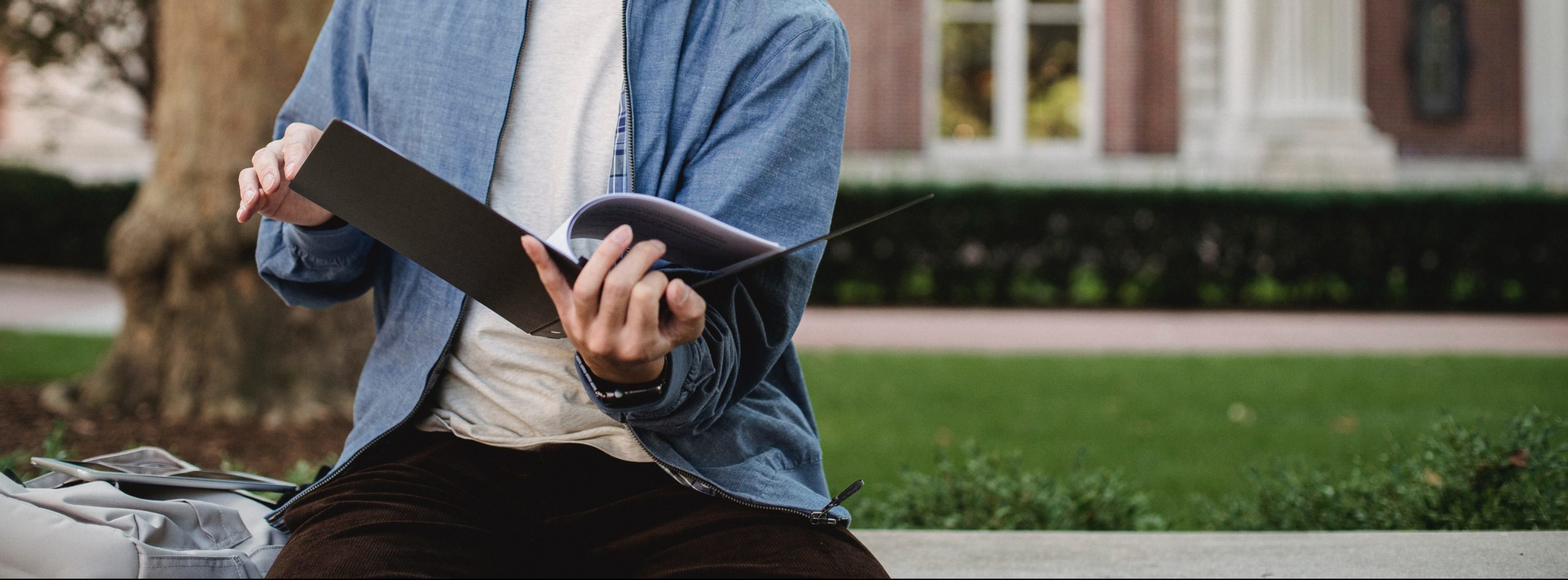Top 2021 Resources to Rethink High School
We're bringing you the “Best of” resources—the most clicked resources from the last year of Give Me Five to help us take what we’ve learned from the last two years and rethink high school next year.

The last school year was hard. It asked educators, students, and families to navigate a new and ever-changing remote school year, grapple with compounding trauma, and remain resilient during an incredibly uncertain year. And, your friends at XQ were with you all along the way, bringing resources, stories, and solidarity during the last year. We want to make sure that we take everything that we’ve learned over the past year into the fall. That’s why we are bringing you “Best of” resources—the most clicked resources from the last year of Give Me Five to help us take what we’ve learned from the last two years and rethink high school next year. Let’s get started!
After months of remote and hybrid learning, students identify common problems and share how their schools can better meet their needs during the pandemic.
Why it matters: COVID-19 school closures threw educators and students a curveball. A survey of 20,000 students reported that only 39% of students said they learned a lot every day while learning remotely.
What’s working for students? What isn’t working? What changes do they want to see? Here are their insights:
Extra credit: How to improve schooling during the COVID-19 pandemic, according to students
The COVID-19 pandemic has had a profound impact on mental health.
Why it matters: It’s always been important to talk about mental health. With COVID-19, school closures, anxiety, and trauma, talking about and checking in with our mental wellness is more crucial than ever before.
Peer Health Exchange created a space for young people to check in with their mental health, find resources, and get the help they need. Here you’ll find:
Extra credit: Let’s Talk: Mental Health – Peer Health Exchange →
The Trinity Academy for the Performing Arts (TAPA) builds scholar-artists who use their voices, talents, and a lifelong love of learning to transform communities and the world— while building academic, career, collegiate, and social-emotional excellence.
Why it matters: TAPA’s commitment to “high love, high rigor” proves that we can achieve social justice for our students by supporting and building meaningful connections while maintaining high academic rigor.
“By holding our students to high rigor, the TAPA team sends them a message of love that they deserve and will master high expectations. The curriculum itself says that our students—many of whom are poor, students of color—can do the rigorous work. That—in and of itself—is social justice.” – Ammar Zia, Director of Teaching and Learning, TAPA.
Here are some ways TAPA is achieving “high love, high rigor:”
Extra Credit: Social Emotional Learning Resources for Educators
Restorative justice circles—a group discussion tool—in breakout rooms, team meetings, and other group settings can help open up vulnerable conversations.
Why it matters: Employing restorative practices when facilitating class discussions offers a step towards building a more inclusive education—one that includes all voices.
In order to help students candidly open up about the challenges they’re facing, we first need to create safe spaces. We can use restorative practices to make judgment-free zones possible. Here are a few guidelines for restorative justice circles to follow:
Extra Credit: Ways to Implement Restorative Practices in the Classroom
These teens balance long work hours and virtual classes to help their families get by during the COVID-19 pandemic.
Why it matters: Due to the COVID-19 pandemic, many families are facing income loss and financial stress. Many teens across the country are stepping up and taking on extra work hours (even up to 40 hours a week) to help support their families— while attending their online classes.
Here are just a few of their stories:
Last month, we launched Rethink Together and our very first XQ Challenge, a digital learning experience that offers badges for students who complete the work.
Our next course is Stress Management, where students will learn about stress, its impact on their physical and mental health, and how to cope with it. If you know any students who are interested, encourage them to sign up now!









